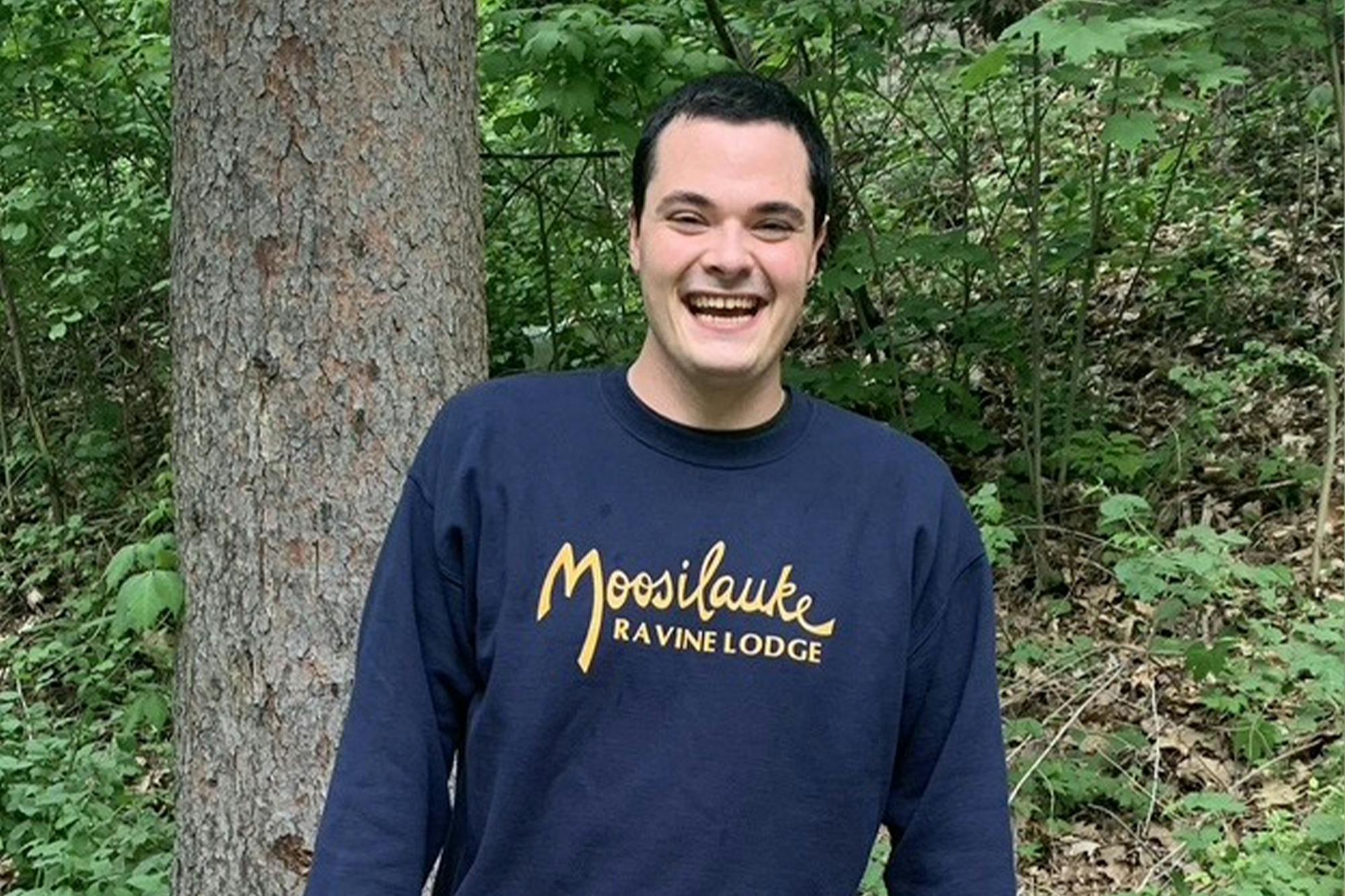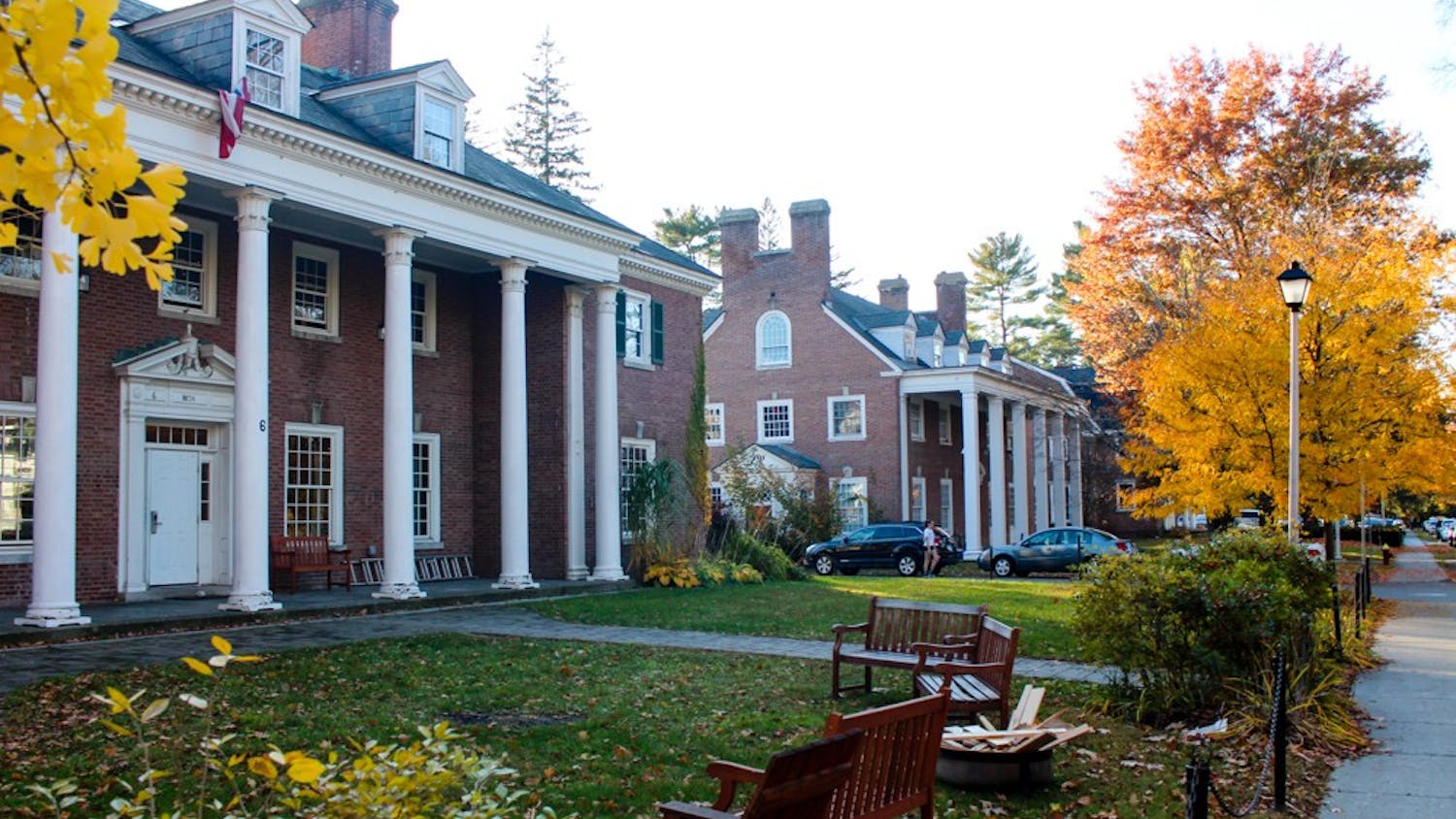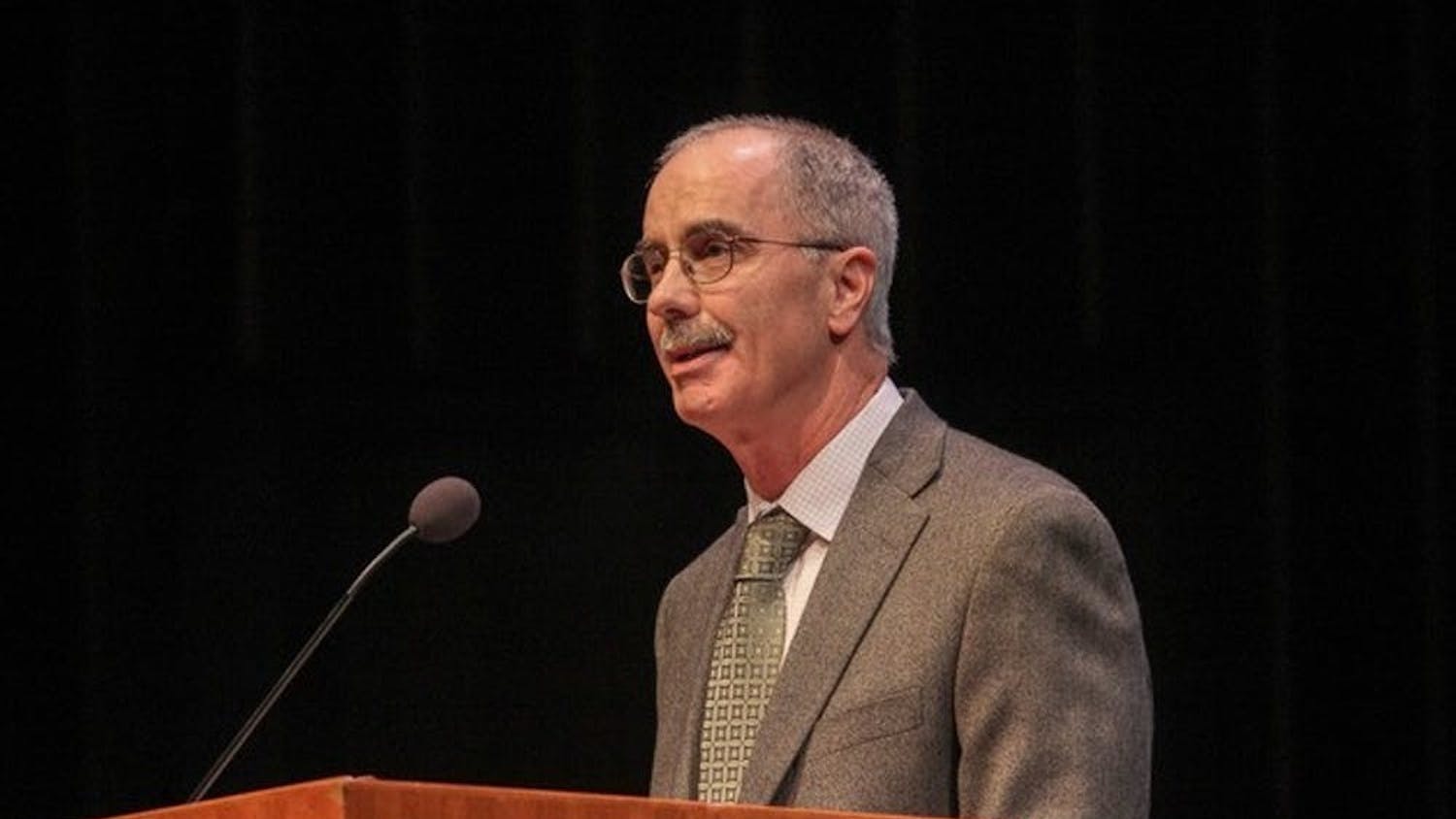Over the course of my four years at Dartmouth, I’ve met many extraordinary people, taken fantastic classes, studied abroad twice, met then-presidential candidate Joe Biden here in Hanover and grown enormously as a scholar and human being. Most of my experiences have been tremendously positive. But my most notable negative experience ultimately made me into a much more resilient individual, even though I would not wish it on anyone else.
In the summer of 2018, my freshman summer, I joined the staff of the summer Lodge Crew — the seasonal group of students and recent graduates that runs and manages the Moosilauke Ravine Lodge’s normal operations. Despite a surgery on my left foot to help correct a congenital birth defect known as clubfoot and several months on crutches as a result, I loved my freshman year at Dartmouth. I continually felt valued and reaffirmed for every part of who I am by various friends and professors. Working at the Lodge seemed like a summer job that would reinforce my love for Dartmouth — and, as a financial aid recipient, I needed employment. Even though I knew that climbing Mount Moosilauke would likely be too challenging for my foot, I was genuinely excited about Lodge tasks such as cleaning and dishwashing because I had grown up doing them and had worked at a restaurant previously.
During my time at the Lodge, we churned out several 50 to 60-hour work weeks, and were particularly busy during alumni reunions at the start of the summer. My first nine days amounted to an ever-spinning wheel of intensive labor, but I mostly liked it because it gave me the opportunity to meet lots of people (my favorite part!). I was originally scheduled to work for 12 days in a row, but I fell ill after the ninth day. Unfortunately, I was slated to learn how to cook during that critical tenth day, and because I was sick, I didn’t retain everything that I learned. Despite this rough start and the competency in cooking for large groups that I somewhat lacked, I liked most of the work.
However, I worked with an older undergraduate student in a supervisory role who, increasingly, did not seem to see or value me for who I am and what I bring to the table. While the student was kind to me initially, they did several things later that I found troubling, such as not providing critical feedback until a later date despite my requests for it and just not being nice sometimes. They also made jokes early in the summer about having the “power to fire” other students. Of the greatest personal significance to me, I needed modest accommodations for my foot, like one or two five-minute sitting breaks per each three- to four-hour meal service. I had communicated this to the year-round manager at the time of my job interview, but the older student did not seem to understand this. Consequently, I felt that my disability led them to perceive me as lackadaisical or lacking stamina. There were a few times when I was quietly in physical pain when they told me that I was not hustling from one thing to another fast enough. Of equal personal importance, I was afraid to disclose my sexual orientation in the workplace. The Lodge was not a homophobic environment, but I was afraid to be vulnerable around someone who did not see me for all of who I am.
For a long time, I sought to grin and silently bear the few negative aspects of my experience while consistently meeting every guest’s needs and treating all colleagues with respect. My attempts to sideline my own feelings proved fruitless, however. After working very hard to improve in each area where feedback was belatedly presented to me, the year-round manager and older student assistant quietly brought me into a room a few weeks before the end of the summer and told me that they were “letting [me] go.” This was a profound surprise. I recall leaving Moosilauke in heavy tears as I packed up my belongings, but I left respectfully within an hour and said goodbye to each of my coworkers.
The then-Lodge manager, a kind individual, later explained in writing that, despite having a “good attitude” and a “commitment to self-improvement [that] was admirable,” I was terminated because the “work seemed very demanding for [me].” This, they said, created a “major burden” and proved “detrimental to the work environment for the rest of the crew and therefore the enterprise as a whole.” Indeed, the work was “demanding” for me, in no small part because I have a physical disability that I never wished to “burden” anyone else with. My cooking training was also shaky due to the herculean requirements of the initial schedule. I did not see it this way at the time, though.
In the fall term that followed, I entered my darkest period in college. I had persistent trouble focusing and sleeping; I feared taking classes in my intended major department because the older student studied the same discipline; and I avoided the Greek space that they belonged to even though several of my friends soon joined it. Most importantly, I felt that I contributed nothing to professional or social spaces. I never considered self-harm or anything like that, but I felt at times that I did not matter in the context of the broader Dartmouth community. As a result, I thoroughly immersed myself in my work during my first term as an Undergraduate Adviser. Every day during sophomore fall, I deeply feared that, somehow, I would let my new supervisor down or fail to meet expectations. Above all, my summer had reminded me of other life experiences, unrelated to work but related to my identity, in which others made me feel inferior. Consequently, rejection or disapproval of any kind became terrifying. That same term, I made the challenging choice, unlike most of my male friends, not to join a fraternity. Focusing on my work as a UGA, as well as avoiding the social anxiety and possible rejection that can accompany rush, made sense. Nevertheless, the centrality of single-gender Greek spaces at Dartmouth made me feel isolated during the balance of my sophomore year.
Fortunately, I started seeing a therapist, I had a kind supervisor from Residential Life and I made several new friends from my work as a UGA. With encouragement from my therapist, supervisor, and undergraduate dean, I met with the director of the Outdoor Programs Office that October. That director had quietly implemented meaningful changes, including creating overlaps in staffing between the spring and summer Lodge Crews during alumni reunions, making expectations clearer, and raising wages. I do not know whether that department took steps to reduce students’ power over other students and promote diversity and inclusion at the Lodge, but I am optimistic about the capacity for change. Above all, I am deeply grateful for everyone who supported me in my time of need, including mentors and friends who offered support and kept me company during my sophomore year. This is true for everybody, whether I disclosed to them that this experience happened or not. It took me slightly more than a year to truly overcome this incident, but I did, and I would not have done it without support from others.
As I prepare to graduate, I now recognize that my summer at the Lodge was formative, even if some aspects of my experience were not positive. I learned to embrace my disability and my sexual orientation, trust my instincts, overcome my past, develop confidence in myself and my abilities, practice self-advocacy and ensure accountability when needed. I also thought about valid critiques that I received, thus strengthening my diligence and capacity for self-reflection. Likewise, the profound emotional hardship that I struggled with throughout the fall of 2018, which led me not to rush a fraternity or engage with the Greek system to the degree that I might have liked, made me stronger. This remains true, even as the isolation that I felt during “on nights” was not something that I would want to repeat or wish on anyone else. Most importantly, I became committed to ensuring that everyone is seen, heard, valued and empowered for who they are and all that they offer the world.
Later this week, I am climbing Mount Moosilauke with a friend of mine who I met while we were simultaneously on Lodge Crew and Trail Crew, respectively. About 15 months after the corrective foot surgery that I had my freshman winter, I realized that the procedure had worked! I am now able to run vigorously for up to two hours at a time, whereas I could hardly run at all during freshman year. Consequently, I am optimistic about climbing Mount Moosilauke for the first time. Even if I don’t make it to the top, I now know that I matter, I have a lot to contribute, and I can be anything that I want to be. Those realizations are the most important thing.




